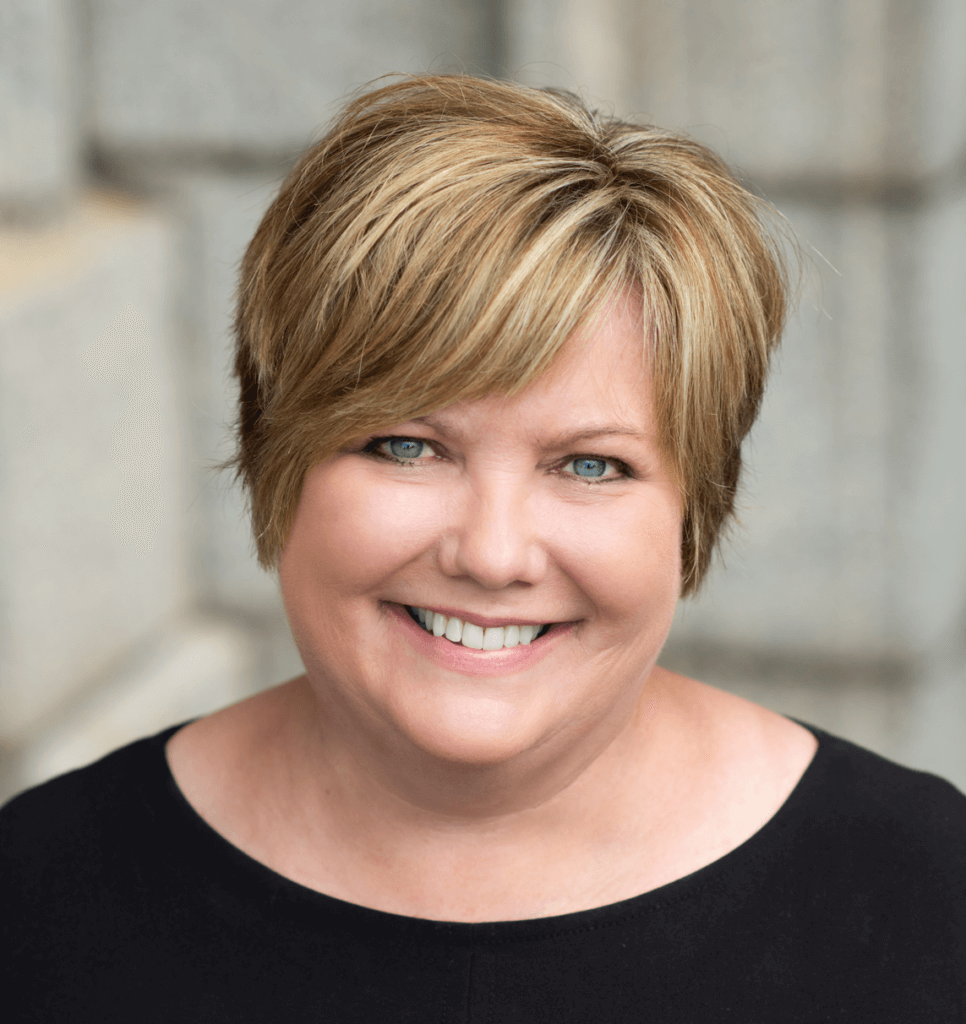
I’ve never met a public school educator who wanted more chaos in their life—but here we are.
As I write this, the Minnesota House is in disarray. The Republican caucus is grabbing for power in ways the state Supreme Court is unlikely to accept, and the entire DFL caucus is refusing to set foot in the Capitol for fear of legitimizing the other party’s actions.
While the courts sort it out, Donald Trump will be president in a week and bring with him a sinister agenda for public education, vulnerable students and labor unions. Will a razor-thin anti-school majority in Congress pass his bills? No one knows.
It’s a mess. Making any sweeping predictions or promises about the next six months is pointless, but I can say two things about how our union will operate in this cloud of uncertainty.
We will not waver in our commitment to improving the pay, pensions and health care of our members through the legislative process, although the chances are low of achieving the big changes we need this year.
We will continue our full support of locals using collective bargaining to improve their compensation and working conditions. We have better odds of solving local issues because our success depends more on organizing ourselves than on partisan maneuvers in St. Paul and Washington, D.C.
As I’ve traveled the state with the other officers of Education Minnesota, I’ve come to believe that small workplace threats and frustrations are burning out educators almost as fast as anxiety about pay, retirement and the cost of health insurance.
For example, I recently learned about a district that no longer employs custodians to clean the classrooms. That has become another “duty as assigned” to the licensed teaching staff. It may be a coincidence that absences due to illness have soared, but I doubt it.
In another district, I heard from special education teachers about a software program that uses AI to reduce the time it takes to complete their paperwork. However, the cost almost always falls on the employees, who either pay for it themselves or spend their time applying for a grant.
Finally, there’s an issue I’ve been hearing about for a year. Too many students who are not potty trained are showing up for kindergarten. No one wants to teach a class of more than 20 five- year-olds, especially when several have full diapers. Administrators must respond.
These are examples of problems collective bargaining can solve, even if the Legislature and Congress fail to fund public schools as they should. We only need to organize our power and prioritize our goals to win changes that improve lives.
To be clear, there will be more money coming to districts this year, no matter what the bosses say. The 2023 Legislature guaranteed inflationary increases in per- pupil funding every year and locked in more money for unfunded special education costs through 2027.
While I know it’s hard to engage right now, progress is possible when we make our voices heard at the Capitol and in Congress and we lean on each other to bargain boldly for the best contracts possible. I still believe we will succeed…
Together,
Denise Specht
Twitter: @DeniseSpecht

